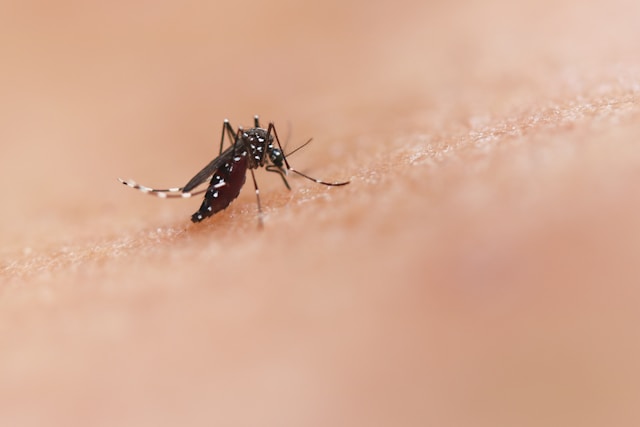Razbio Launches Innovative Study to Combat Dengue-Transmitting Aedes Mosquitoes
Razbio launches of a study aimed at improving the monitoring and control of Aedes mosquitoes (Aedes aegypti and Aedes albopictus), the primary vectors of dengue fever. With over half the world’s population is at risk of dengue infection with low-income groups being particularly affected. This initiative represents a crucial step toward effective disease management.
The Challenge of Dengue
Dengue fever poses a significant public health challenge, especially in regions like Pakistan where outbreaks are frequent and severe, causing immense hardships. Given the absence of an effective dengue vaccine, meticulous monitoring and control of Aedes mosquito populations are critical. Early detection of these vectors at low population densities is essential, allowing for timely intervention to suppress mosquito numbers before they surge following heavy rains. The newly announced study will use interdisciplinary approaches to monitor and control mosquitoes. The study in supported by several academic groups, civic partners and community groups and is funded under Global Challenge Research Fund (GCRF) to help tackle emerging health issues in developing countries.
